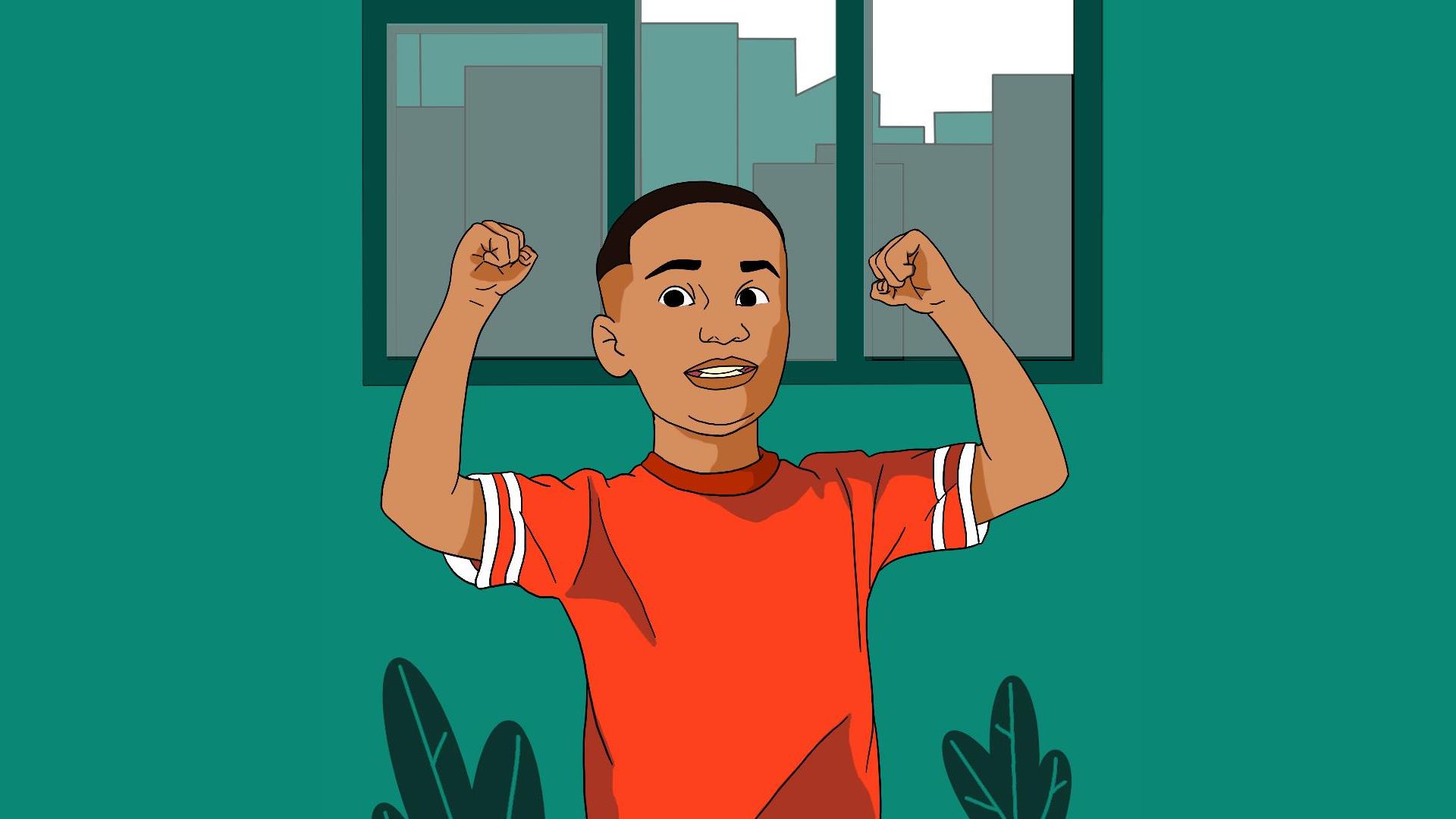🎧 Listen to: Child Health

Child Health
What is child health?
Every parent dreams of raising a strong, smart, and healthy child. But good health does not happen by accident, it is built through the right choices every day. The way you feed, care for, and protect your child in the early years shapes their future well-being.
Many childhood illnesses and deaths in Africa can be prevented with simple actions such as exclusive breastfeeding, proper hygiene, vaccinations, and good nutrition. According to UNICEF, about 2.7 million children under five die each year in sub-Saharan Africa, mainly from preventable diseases. This makes it important for every parent to take child health seriously.
Below are key ways to give your child the best start in life.
How to keep your child healthy?
Breastfeeding vs. formula feeding
Breastfeeding is highly encouraged because it provides natural immunity and nutrition. The Ghana health service and the world health organization (WHO) recommend exclusive breastfeeding for the first six months of a child’s life. Breastmilk contains antibodies that protect against diseases like diarrhoea and pneumonia, which are major causes of child deaths in Africa.
However, some mothers may not be able to breastfeed due to medical reasons or unavailability. In such cases, formula feeding is a good alternative, but must be prepared exactly as directed using clean, boiled water. If you do not have constant access to clean water for sterilizing bottles, cup and spoon feeding is the safest method.
Protecting your child from the sun
African weather can be very hot, and too much exposure to the sun can harm your baby’s skin. Protect them by:
- Keeping them in the shade, especially infants under 6 months.
- Dressing them in light, long-sleeved clothing.
- Using an umbrella or a wide-brimmed hat.
- Applying sunscreen on older babies and children when outdoors.
Vaccination: The best protection against deadly diseases
Vaccination is one of the most effective ways to protect your child from dangerous diseases such as measles, polio, tuberculosis, and pneumonia. In Ghana, Nigeria, Kenya, and many other African countries, immunization is free at government health centers.
Essential vaccines for children (birth to 2 years):
- Tuberculosis (BCG)
- Polio
- Measles, Mumps, and Rubella (MMR)
- Diphtheria, Tetanus, and Whooping Cough (DTaP)
- Hepatitis B
- Yellow Fever
For older children and adolescents:
- Human Papillomavirus (HPV) vaccine (prevents cervical cancer in girls)
- Meningitis vaccine
- COVID-19 vaccine
Vaccines are safe, tested, and highly effective in preventing disease outbreaks.
Feeding your child for strong growth
Nutrition is a key part of child health. Poor diet leads to malnutrition, which affects about 30% of children in Africa. Malnourished children have weak immune systems, making them prone to diseases.
Healthy foods for children:
- Fruits and Vegetables: Mangoes, bananas, pawpaw, oranges, carrots, and leafy greens.
- Protein-rich foods: Beans, eggs, fish, lean meat, groundnuts.
- Whole Grains: Millet, sorghum, maize, and brown rice.
- Dairy Products: Milk and yoghurt (rich in calcium for strong bones).
Avoid: Sugary drinks, processed foods, and too much salt or fried food.
Encouraging physical activity
Children need to stay active to remain healthy. Physical play helps their muscles grow, improves brain development, and prevents obesity.
Recommended activities:
- Babies (under 1 year): Crawling, tummy time.
- Toddlers (1-3 years): Playing with toys, walking.
- Children (3-12 years): Running, playing football, skipping rope.
- Teens (13+ years): Sports, cycling, dancing.
Limit screen time (TV and video games) to less than 2 hours a day to encourage movement.
Caring for your child’s teeth
Many African children suffer from tooth decay due to poor oral hygiene and sugary foods. Prevent this by:
- Brushing their teeth twice daily with fluoride toothpaste.
- Reducing sugary snacks and drinks.
- Visiting a dentist at least twice a year.
Teaching good hygiene
Diseases like diarrhea and cholera spread easily due to poor hygiene. Teach your child to:
- Wash hands with soap before eating and after using the toilet.
- Cover their mouth when coughing or sneezing.
- Bathe daily and keep fingernails short.
Ensuring good sleep for your child
Sleep is essential for brain development and overall health. Lack of sleep can lead to behavioral problems, weak immunity, and poor concentration.
Recommended sleep hours:
- Infants (4–12 months): 12–16 hours
- Toddlers (1–2 years): 11–14 hours
- Preschoolers (3–5 years): 10–13 hours
- School-age children (6–12 years): 9–12 hours
- Teenagers (13–18 years): 8–10 hours
To ensure good sleep:
- Set a fixed bedtime.
- Reduce screen time before bed.
- Make their sleeping area quiet and comfortable.
Supporting your child’s emotional well-being
Good mental health is just as important as physical health. Children who grow up in a supportive environment develop confidence and resilience.
Tips for emotional well-being:
- Talk to your child about their feelings.
- Praise their achievements (big or small).
- Avoid negative comments or comparisons.
- Spend quality time with them.
Common myths about child health in Africa?
Many traditional beliefs about child health are not medically accurate and can be harmful.
- Truth: Teething does not cause diarrhoea. If a baby has persistent diarrhoea, see a doctor immediately.
- Myth: Children should finish all the food on their plate.
- Truth: Forcing a child to overeat can lead to obesity and bad eating habits.
- Myth: Playing too much will make children lazy.
- Truth: Play helps children learn and develop important skills.
- Myth: Babies do not feel pain during circumcision or ear piercing.
- Truth: Babies feel pain just like adults and should be handled with care.
Final thoughts?
Your child’s health is a lifelong investment. The choices you make today: proper nutrition, hygiene, vaccination, and emotional support will shape their future. Good child health is not just about avoiding sickness; it is about raising happy, strong, and intelligent African children who will thrive in life. Every African child deserves the best start in life.
Sources: UNICEF, WHO, Ghana Health Service, African Child Health Reports.
